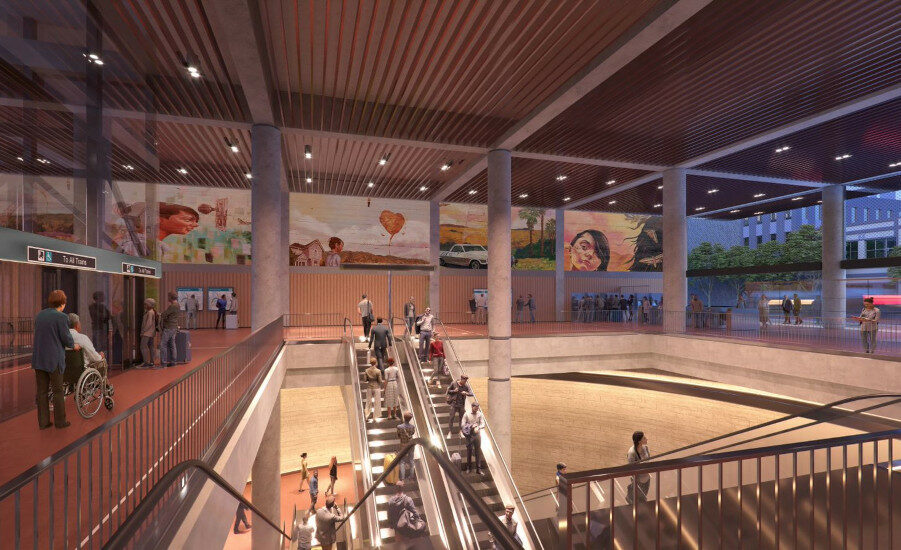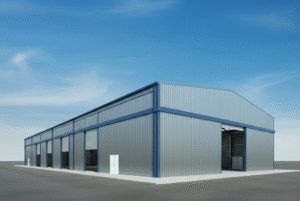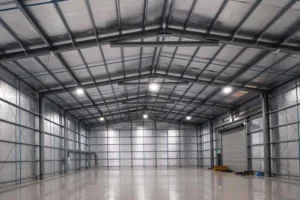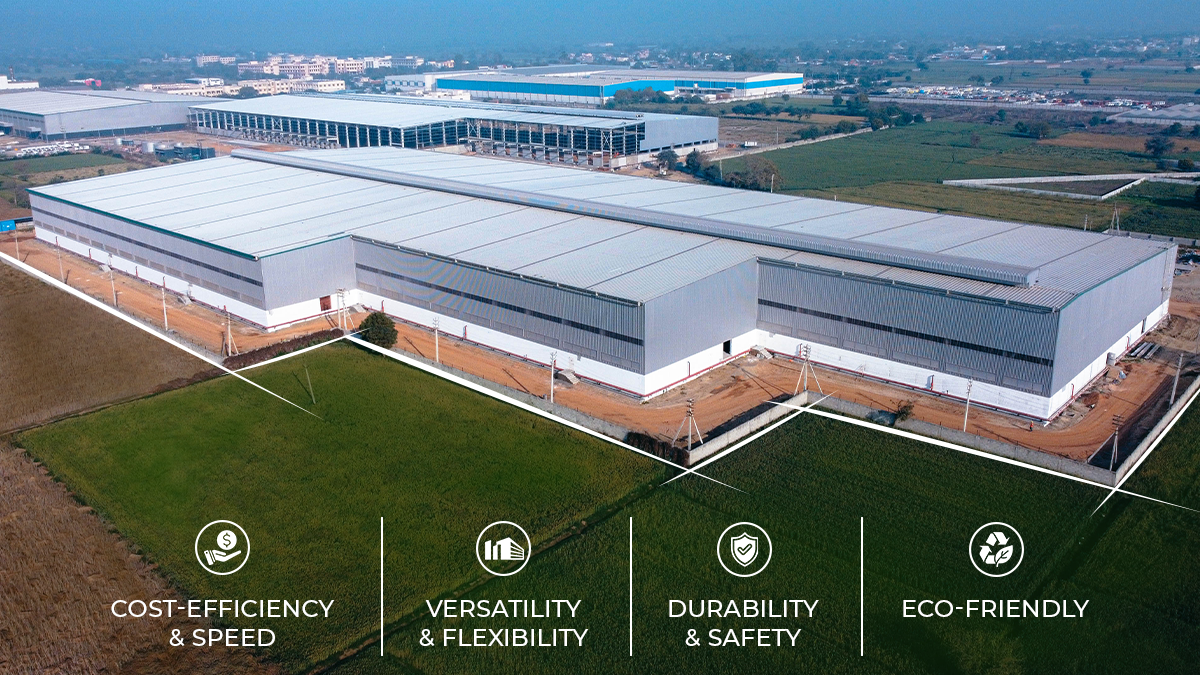
VTA May Seek New Tunneling Contractor for BART Silicon Valley Extension
[ad_1]
The Santa Clara Valley Transportation Authority (VTA) appears ready to find a new contractor for the BART Silicon Valley Phase II (BSVII) project in an effort to stabilize the multi-billion program’s budget, and preserve an unfinalized $5.1-billion federal construction grant.
The Kiewit Shea Traylor (KST) joint venture—composed of Kiewit Infrastructure West, JF Shea Construction, and Traylor Brothers—was selected in 2022 for the $235-million initial stage of the progressive design-build effort that aims to build a six-mile, four station extension of the Bay Area Rapid Transit System to Santa Clara via a large-diameter, single-bore tunnel beneath downtown San Jose.
On June 27, VTA’s Board of Directors is scheduled to vote on a recommendation by the agency’s oversight committee to selecting a new tunnel contractor after receiving repeated proposals exceeding twice the project budget. In a statement, VTA officials said KST “will complete ongoing early work, including tunnel portal construction, concurrently while the contract for major construction of the tunnel shifts to a new structure aligned with VTA’s budget.”
At time time KST was awarded the contract, the total cost of the project was estimated as a nearly $7-billion program. It has since almost doubled in cost, to nearly $12.7 billion. Last fall, VTA announced that an internal review had identified approximately $400 million in potential cost saving concepts, including measures such as using less concrete and steel in the tunnel interior, reconfiguration of a new storage yard and maintenance facility, and refinement of station designs.
Nevertheless, VTA and KST were unable to agree on a mutually acceptable price for the project’s next stage, which includes tunneling, excavation for the underground stations and related work to meet the scheduled 2037 completion date, which itself has been extended by six years. Revenue service is now projected to begin in February 2039.
Having received what the agency characterized in a June 12 statement as, “repeated proposals exceeding twice the project budget,” VTA’s project oversight committee recommended using a “offramp” clause in KST’s contract to initiate a new procurement that will “control costs across the project and ensure this critical piece of transit infrastructure stays on track and on budget.”
It’s unknown what effect, if any, the proposed move will have on three separate BSVII design-build contracts for systems, stations and a train storage yard/maintenance facility, or a ten-year $490-million construction management services contract awarded to Bechtel Infrastructure Corp. last July.
VTA believes the new procurement will spur “a robust bidding process that will support job creation, budget discipline, and technical innovation,” without delaying the project further. The agency noted that it already has held confidential consultations with “multiple nationally recognized tunneling contractors.” These firms, VTA’s statement noted, “expressed confidence in their ability to meet the project’s engineering requirements while aligning with VTA’s budget framework, reinforcing the agency’s strategy to control costs without compromising on quality or safety.”
“This approach ensures we get the best value for taxpayers while securing a sustainable future for the project,” Tom Maguire, VTA Chief Megaprojects Delivery Officer said in the statement.

The project would add 6 miles and four stations to the Bay Area Rapid Transit (BART) system connecting it to VTAs. About 5.5 miles of the extension would be a single-bore tunnel, and three of the stations would be underground.
Map courtesy VTA
Reigning in the BSVII budget is also considered an essential step for completing the process of securing the $5.1-billion Federal Transit Administration New Starts Grant, awarded in August 2024. VTA officials have expressed uncertainty in local media stories as to how the project in its present state will be viewed by the Trump Administration, particularly in the current political environment. A falloff in local sales tax revenue—a key component of BSVII’s funding strategy—is putting pressure on the agency’s operations budget, with a recent Board presentation projecting a 2027 deficit of nearly $15 million and a long-term threat to the agency’s reserves.
Should the VTA Board approve executing the offramp provision, KST will complete early-phase work already underway, including constructing the launch pit in Santa Clara for a 54-ft-diameter Herrenknecht tunnel boring machine, expected to be delivered next year. Agency officials have told local media outlets that KST would be owed approximately $1 billion for its work.
“Our commitment remains to safely and successfully deliver our substantial scope of work under contract, and to support VTA as it determines the best path forward,” a KST spokesperson told ENR. She characterized the use of off-ramp clauses and decision checkpoints in progressive design-build contracts not as indicators of poor performance, but rather as “safeguards that allow public agencies to adjust course if budget, scope or other key factors no longer align.”
KST’s Stage 1 work, the spokesperson added, “will provide long-term value to the project, regardless of how delivery proceeds. It helps reduce risk, support future bidding efforts and inform smarter decisions.”
The $2.3-billion, 10-mile first phase of VTA’s BART Silicon Valley project opened for passenger service in 2020. Engineered and built by a Bechtel-led joint venture, the project included two BART stations incorporated into the new transit centers in Milpitas and Berryessa/North San Jose.
[ad_2]
Source link
Post a Comment
You must be logged in to post a comment.






